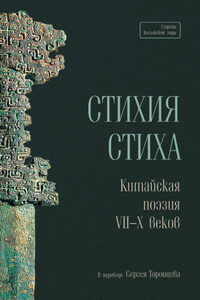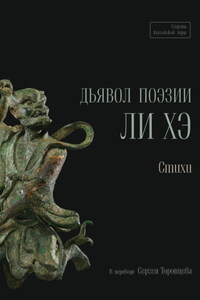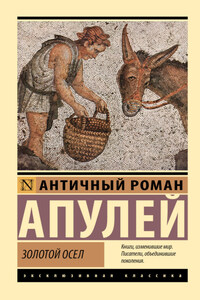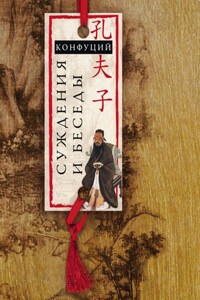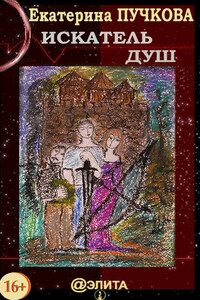– I was wayward, bold, and wild;
A self-willed imp; a grandame's child;
But, half a plague and half a jest,
Was still endured, beloved, carest.
Walter Scott
I have heard it remarked, that he who writes his own history ought to possess Irish humour, Scotch prudence, and English sincerity; – the first, that his work may be read; the second that it may be read without injury to himself; the third, that the perusal of it may be profitable to others. I might, perhaps, with truth declare, that I possess only the last of these qualifications. But, besides that my readers will probably take the liberty of estimating for themselves my merits as a narrator, I suspect, that professions of humility may possibly deceive the professor himself; and that, while I am honestly confessing my disqualifications, I may be secretly indemnifying my pride, by glorying in the candour of my confession.
Any expression of self-abasement might, indeed, appear peculiarly misplaced as a preface to whole volumes of egotism; the world being generally uncharitable enough to believe, that vanity may somewhat influence him who chooses himself for his theme. Nor can I be certain that this charge is wholly inapplicable to me; since it is notorious to common observation, that, rather than forego their darling subject, the vain will expatiate even on their errors. A better motive, however, mingles with those which impel me to relate my story. It is no unworthy feeling which leads such as are indebted beyond return, to tell of the benefits they have received; or which prompts one who has escaped from eminent peril, to warn others of the danger of their way.
It is, I believe, usual with those who undertake to be their own biographers, to begin with tracing their illustrious descent. I fear this portion of my history must be compiled from very scanty materials; for my father, the only one of the race who was ever known to me, never mentioned his family, except to preface a philippic against all dignities in church and state. Against these he objected, as fostering 'that aristocratical contumely, which flesh and blood cannot endure'; a vice which I have heard him declare to be, above all others, the object of his special antipathy. For this selection, which will probably obtain sympathy only from the base-born, my father was not without reason; for, to the pride of birth it was doubtless owing that my grandfather, a cadet of an ancient family, was doomed to starve upon a curacy, in revenge for his contaminating the blood of the Percys by an unequal alliance; and, when disappointment and privation had brought him to an early grave, it was probably the same sentiment which induced his relations to prolong his punishment in the person of his widow and infants, who, with all possible dignity and unconcern, were left to their fate. My father, therefore, began the world with very slender advantages; an accident of which he was so far from being ashamed, that he often triumphantly recorded it, ascribing his subsequent affluence to his own skill and diligence alone.
He was, as I first recollect him, a muscular dark-complexioned man, with a keen black eye, cased in an extraordinary perplexity of wrinkle, and shaded by a heavy beetling eyebrow. The peculiarity of his face was a certain arching near the corner of his upper lip, to which it was probably owing that a smile did not improve his countenance; but this was of the less consequence, as he did not often smile. He had, indeed, arrived at that age when gravity is at least excusable; although no trace of infirmity appeared in his portly figure and strong-sounding tread.
His whole appearance and demeanour were an apt contrast to those of my mother, in whose youthful form and features symmetry gained a charm from that character of fragility which presages untimely decay, and that air of melancholy which seems to welcome decline. I have her figure now before me. I recollect the tender brightness of her eyes, as laying her hand upon my head, she raised them silently to heaven. I love to remember the fine flush that was called to her cheek by the fervour of the half-uttered blessing. She was, in truth, a gentle being; and bore my wayward humour with an angel's patience. But she exercised a control too gentle over a spirit which needed to be reined by a firmer hand than hers. She shrunk from bestowing even merited reproof, and never inflicted pain without suffering much more than she caused. Yet, let not these relentings of nature be called weakness – or if the stern morality refuse to spare, let it disarm his severity, to learn that I was an only child.
I know not whether it was owing to the carelessness of nurses, or the depravity of waiting-maids, or whether, 'to say all, nature herself wrought in me so'; but, from the earliest period of my recollection, I furnished an instance at least, if not a proof, of the corruption of human kind; being proud, petulant, and rebellious. Some will probably think the growth of such propensities no more unaccountable than that of briars and thorns; being prepared, from their own experience and observation, to expect that both should spring without any particular culture. But whoever is dissatisfied with this compendious deduction, may trace my faults to certain accidents in my early education.

